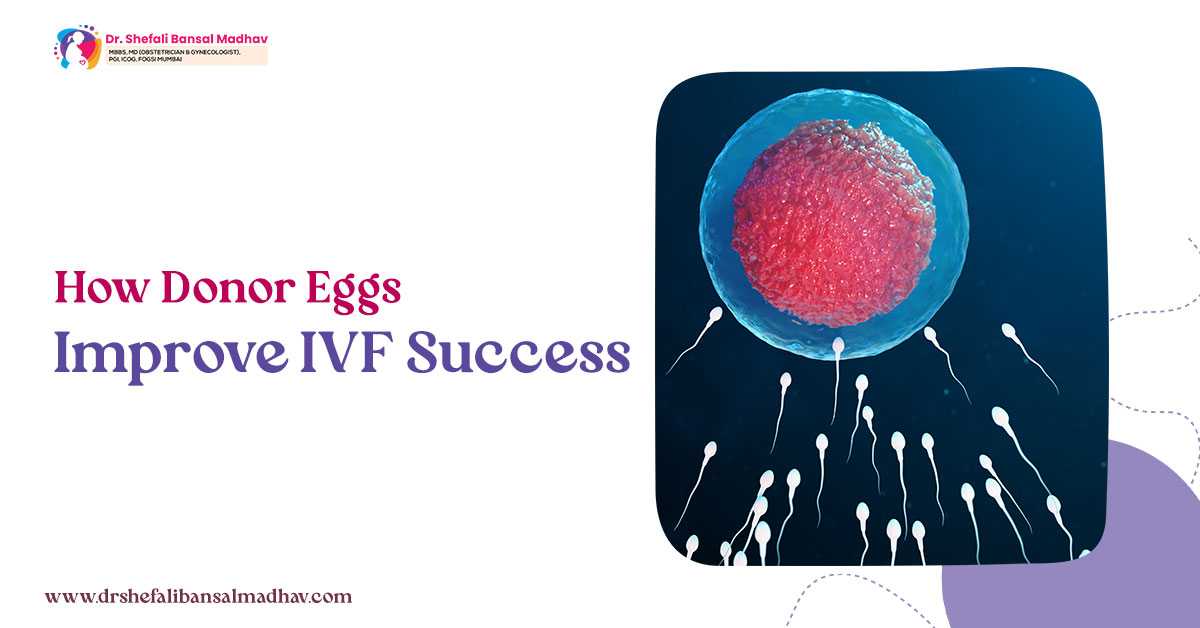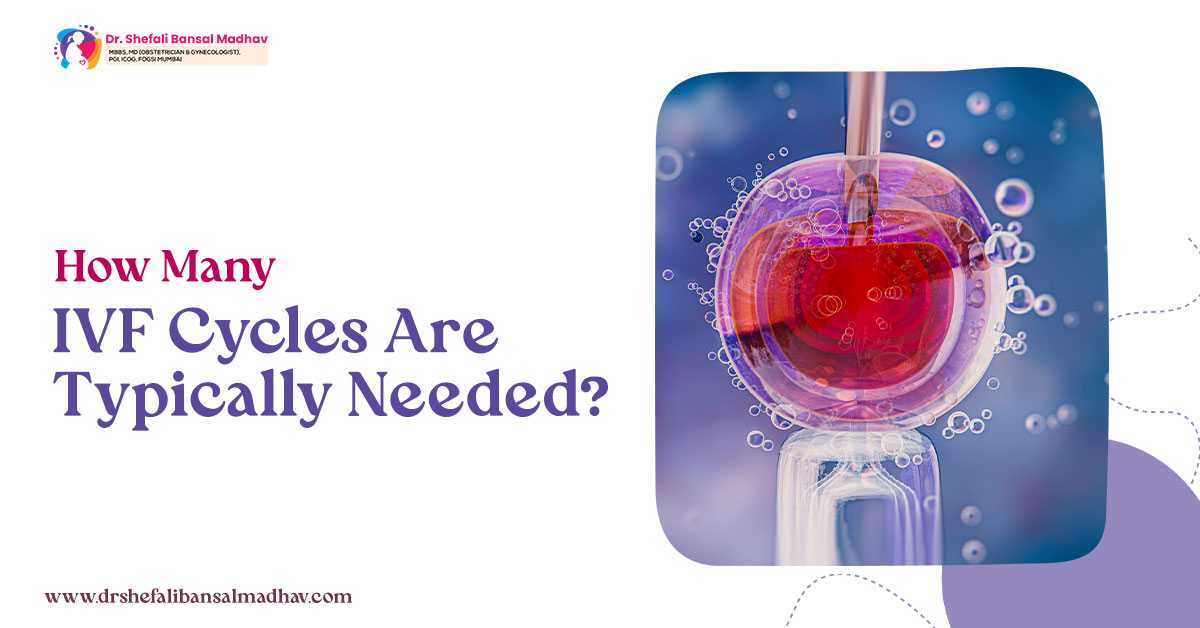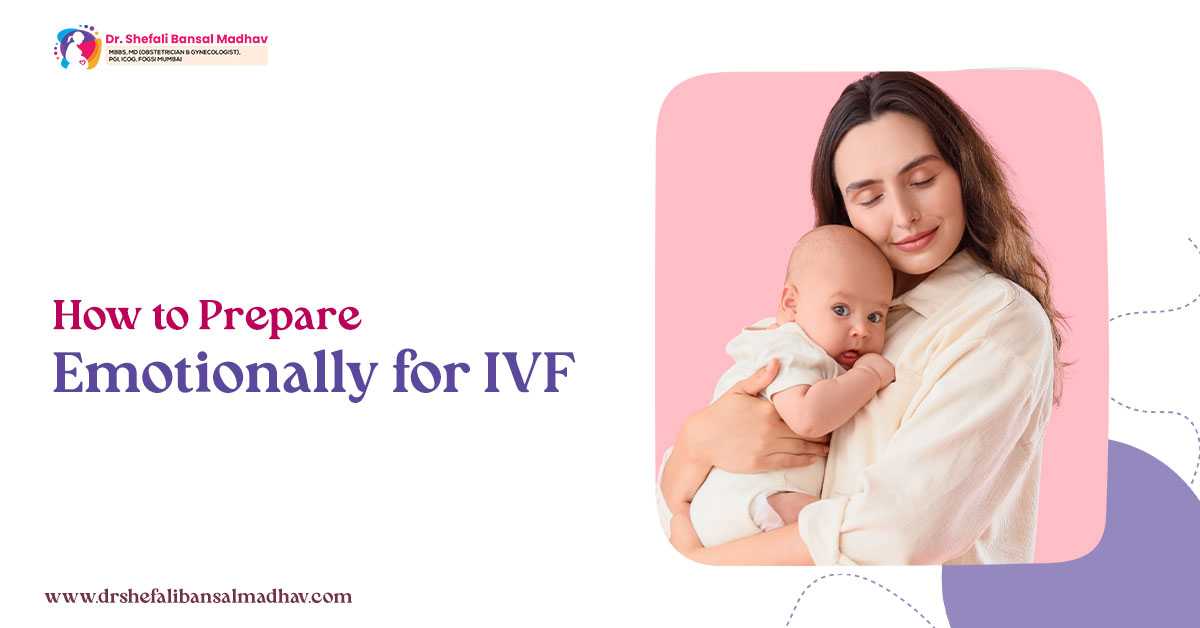It can be really tough when you're trying to have a baby and it just isn't happening. It’s totally normal to feel frustrated or question what's going on. But the truth is, you're not alone. A lot of people face this, and often there’s a simple reason behind it that can be addressed with the right help. Infertility is far more common than most people realize. The hopeful part is that many times there is a clear reason, and once it’s found, there are ways to get the right help.
If you’ve been trying without success, reaching out to an infertility specialist in Siliguri might be the first step toward getting the answers you need. Most of the time, there’s a reason behind it, and once it’s understood, the right treatment can make a big difference.
The journey may take longer than expected, but it doesn’t mean it’s impossible. With the right guidance and support, many women go on to experience motherhood.
In this blog, we’ll talk about 12 common reasons why women may face infertility, explained in easy-to-understand words, so you can better understand what might be happening with your body.
1. When Ovulation Doesn’t Happen Regularly
One of the biggest reasons women face infertility is irregular or absent ovulation. If the body isn’t releasing eggs regularly, fertilization cannot take place.
Conditions such as Polycystic Ovary Syndrome (PCOS), high prolactin levels, or thyroid disorders often cause ovulation problems. Women with irregular or unpredictable cycles, such as a cycle that varies from 28 days to 50 days, may not ovulate consistently.
The good news is that treatments are available, including medications that can stimulate ovulation.
2. Age and Its Role in Fertility
Age is an important factor in fertility. Women are born with a set number of eggs, and over time, both the quality and quantity of eggs decline.
-
Fertility begins to decline after the age of 30
-
The decline is more significant after 35
-
After 40, natural conception becomes much harder
This doesn’t mean pregnancy is impossible at an older age, but it may take longer and often requires medical assistance, such as IVF.
3. Blocked Fallopian Tubes
Fallopian tubes are the passage where sperm and an egg meet. If these tubes are blocked or damaged, fertilization cannot happen.
Common causes of blockage include:
-
Past pelvic infections
-
Endometriosis
-
Previous abdominal or pelvic surgeries
-
Tuberculosis (in some cases)
What makes blocked tubes tricky is that they rarely cause symptoms. Most women only discover the problem during fertility testing.
4. When Endometriosis Gets in the Way
Endometriosis is a condition where tissue similar to the lining of the uterus grows outside it — on the ovaries, fallopian tubes, or pelvic walls.
This can cause:
-
Painful or heavy periods
-
Scar tissue or adhesions
-
Difficulty with conception
Because endometriosis interferes with how eggs, sperm, and embryos move, it is a significant cause of infertility.
5. Polycystic Ovary Syndrome (PCOS)
PCOS is one of the leading hormonal disorders affecting women of reproductive age. It causes irregular cycles, ovarian cysts, and higher levels of male hormones.
Common signs of PCOS include:
-
Irregular or missed periods
-
Excess facial or body hair
-
Acne and oily skin
-
Weight gain or difficulty losing weight
PCOS affects ovulation, making it harder to conceive naturally. However, with medical support and lifestyle changes, many women with PCOS do go on to have healthy pregnancies.
6. When the Thyroid Upsets the Balance
Your thyroid gland controls hormones that play a key role in reproduction. When it’s not working properly, your cycles and ovulation may be disrupted.
-
Hypothyroidism (underactive thyroid) can cause irregular periods, weight gain, and fatigue.
-
Hyperthyroidism (overactive thyroid) can cause irregular or absent periods, weight loss, and anxiety.
Since thyroid problems are common and often go unnoticed, checking thyroid function is an important step in fertility assessment.
7. Hidden Bumps in the Uterus – Fibroids and Polyps
Fibroids and polyps are non-cancerous growths in the uterus that can affect fertility.
-
Fibroids can distort the shape of the uterus or block the fallopian tubes.
-
Polyps can interfere with the implantation of the embryo.
Not all fibroids or polyps cause infertility, but large ones or those located in certain areas of the uterus can be problematic.
8. Hidden Damage from Pelvic Infections
Pelvic infections, especially Pelvic Inflammatory Disease (PID), can damage reproductive organs. They often leave behind scar tissue in the fallopian tubes, blocking the path of the egg.
Infections may occur due to sexually transmitted infections (STIs) or untreated bacterial infections. Sometimes, women don’t realize they’ve had PID until they face difficulties conceiving.
9. How Your Daily Habits Affect Fertility
Modern lifestyle choices can also play a role in infertility.
Factors such as:
-
Smoking and alcohol consumption
-
Poor diet and lack of exercise
-
High stress levels
-
Excessive caffeine intake
-
Sleep disturbances
Even body weight matters; being significantly underweight or overweight can disturb hormonal balance and prevent ovulation. By making healthier choices, women can often improve their fertility chances naturally.
10. Poor Egg Quality
Not all eggs released during ovulation are healthy. Poor egg quality may prevent fertilization or result in embryos that don’t develop properly.
Egg quality declines naturally with age, but it can also be influenced by lifestyle, smoking, or certain medical conditions. For women with poor egg quality, assisted reproductive techniques such as IVF can help increase the chances of pregnancy.
11. Autoimmune Disorders
Sometimes, the immune system mistakenly attacks healthy reproductive tissues. Autoimmune disorders may interfere with ovulation, fertilization, or even the early stages of embryo development.
Conditions such as lupus, rheumatoid arthritis, and certain thyroid disorders can contribute to infertility. While these are less common causes, they highlight how interconnected the body’s systems are.
12. Unexplained Infertility
Perhaps the most frustrating situation is when tests show everything is normal, yet pregnancy doesn’t happen. This is called unexplained infertility.
Though no clear cause is identified, treatments such as ovulation stimulation, intrauterine insemination (IUI), or IVF can still help couples conceive. Many women with unexplained infertility go on to achieve successful pregnancies with the right guidance.
Signs It Might Be Time to Talk to a Doctor
Many women wonder how long they should keep trying naturally before seeing a doctor. Here’s a simple guideline:
-
If you’re under 35, seek help if you’ve been trying for more than a year.
-
If you’re over 35, consult a specialist after six months of trying.
-
If you have irregular cycles, painful periods, or a history of infections or miscarriages, don’t wait; seek medical advice early.
Why Choosing the Right Doctor Can Make a Big Difference
Infertility isn’t just about medicine; it’s an emotional journey too. Having a doctor who listens, understands, and guides you every step of the way can make the whole process feel less stressful and much more manageable.
The right specialist can help you understand what’s happening with your body, explain your options clearly, and create a treatment plan that fits your needs. With the right support, the journey toward parenthood can feel a little less overwhelming and a lot more hopeful.
Practical Lifestyle Tips for Women Trying to Conceive
While medical treatments are important, your lifestyle choices also play a huge role in fertility. Small but consistent changes can improve your chances of conceiving:
-
Eat nutrient-rich foods: Include leafy greens, fruits, whole grains, and lean proteins.
-
Exercise regularly: Light to moderate activity helps maintain hormonal balance.
-
Manage stress: Meditation, yoga, or even daily walks can lower stress levels.
-
Get proper sleep: Quality rest helps regulate hormones.
-
Avoid toxins: Quit smoking, reduce alcohol, and limit caffeine.
-
Stay hydrated: Water supports overall health and hormone balance.
Conclusion
Infertility can feel really tough, but it doesn’t mean the end of your dream to become a parent. Understanding the 12 common causes of infertility in women is a helpful first step toward finding answers and getting the right support.
With today’s medical treatments and a few healthy lifestyle changes, many women can overcome fertility challenges. Seeking help early can make the journey a lot easier and less stressful.
If you’ve been trying to conceive, consulting an expert at Dr. Shefali Bansal Madhav can give you guidance, confidence, and hope. Remember, you’re not alone. With the right care and support, becoming a parent is still very much possible.







